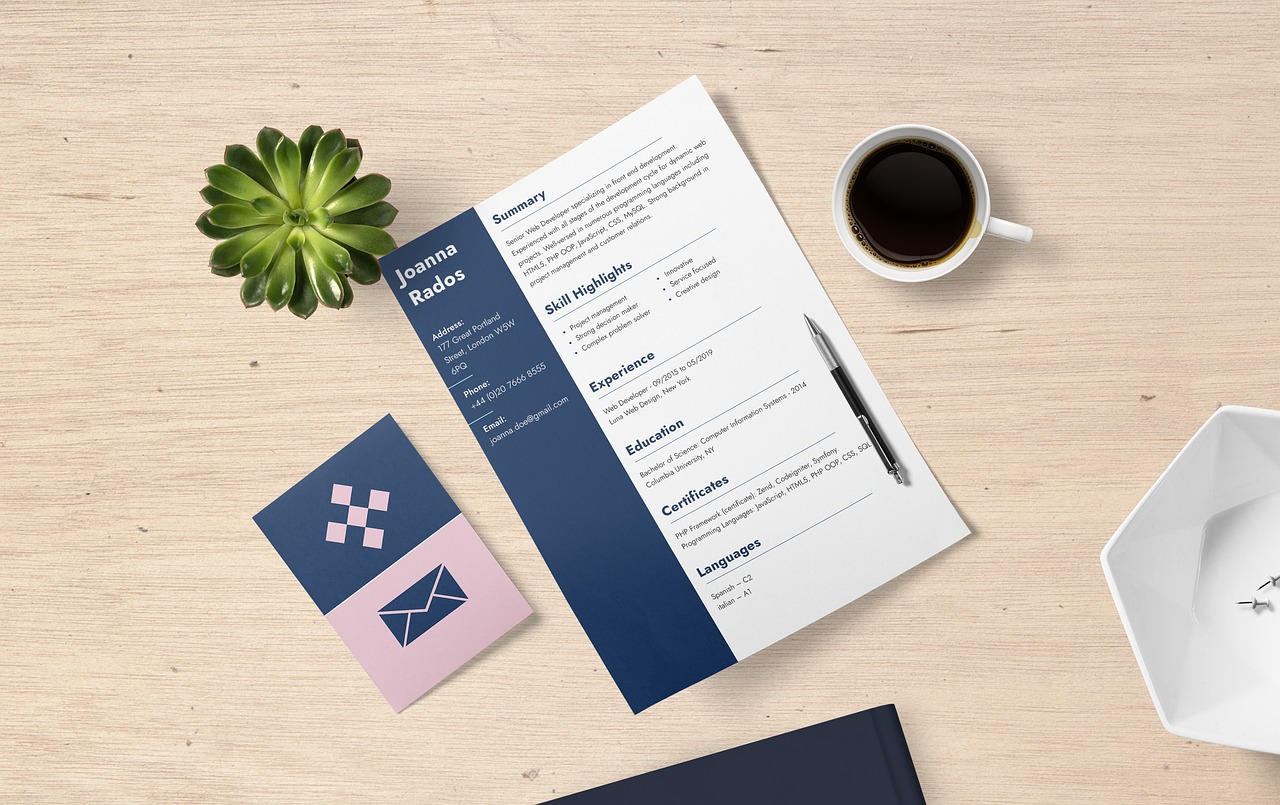
When my boys were younger, I wrote a post on the blog sharing ways to help your teen navigate life. Since then, my oldest son turned 18, paving the way for countless conversations about the transition into young adulthood. Our discussions have certainly been eye-opening. I’m learning that there is still so much learning that has to take place beyond high school for him to thrive in this big adult world that we live in. Below are three topics that we have been discussing.
Navigating the Healthcare System
First, let’s discuss navigating the healthcare system. For my son’s entire life, he has depended on me to schedule all of his appointments and have appropriate insurance. However, now that he is 18 years old, it is time for him to learn how to schedule his appointments, have proper insurance, and have enough self-awareness to know when his body is not functioning properly. While this may seem easy enough, it may not be for some, especially if your young adult has challenges such as autism, depression, ADHD, or any other mental health-related challenges.
The great thing about teaching our teenagers the skill of how to navigate the healthcare system is that they will know how to advocate for themselves and locate appropriate resources that they are eligible for when needed.
For example, if your child has autism, you may teach them how to search for reputable places such as the Light House Autism Center. LightHouse Autism Center has over a decade of experience providing quality autism therapy services in the Midwest. They have 25 locations alone in Indiana. Just Google “aba centers near me” and the one closest to you will pop up.
Or, if they have ADHD, and struggle with day-to-day activities, you may encourage them to seek help at a local treatment center. Options Behavioral Health is a leading provider in Indiana of inpatient treatment for children of sixteen and upwards.
By being proactive, providing guidance, and helping to walk my son through his first few healthcare appointments, I’ve equipped him with the confidence to independently navigate healthcare interactions.

Leaving the Job Properly
Another crucial conversation that we have been having lately is the art of leaving the job properly. He has had a handful of positions over the past two years but hasn’t left the stage appropriately; if you know what I mean.
Because of this, the question becomes: Is a two-week notice required? The answer is no, however, it is good practice, especially if you would like to use that employer as a reference in the future.
It boils down to your own personal brand and your lasting impression. By emphasizing the importance of professionalism and integrity, especially as a professional in Career Services, I’ve been able to help equip him with the tools needed to navigate workplace transitions with grace and confidence.

Financial Management Including Income and Taxes
The third topic of conversation has surrounded income. We have discussed the idea of a living wage and how to exceed that by having multiple streams of income, as well as understanding taxes and the process of filing them. All of which are crucial aspects of adulting.
I recommended he look into budgeting apps like Plum and Emma to help him stick to a budget and track his spending, because it is so easy to tap your contactless card and forget about the $5-20 here and there at Starbucks and other fast food places.
I’m so grateful that growing up we were required to take a Consumer’s Education course in high school. But, I am even more grateful that my dad sat down with me on multiple occasions and taught me the value of having multiple streams of income, how to create a monthly budget and stick to it, as well as other financial management skills.
As a parent, my goal is to channel my father’s energy and teaching and not only teach my son but empower him to be financially responsible.
Final Thoughts
Thinking back on these conversations, I’m still in awe of the fact that even after 12 years of formal education, there’s still so much more to learn outside the classroom. From this, I have concluded once again, that as parents, we are responsible for supplementing our children’s academic learning with practical life skills needed for navigating adulthood.







